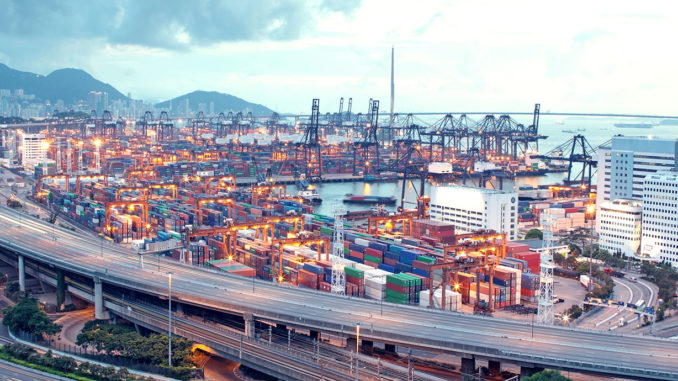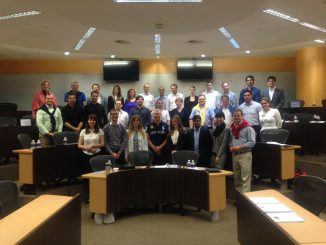
In this series, MBS professors deal with current political and social issues by critically questioning them and analyzing them with scientific arguments. The purpose is to promote a critical discourse both in society and at MBS.
Recently, the Regional Comprehensive Economic Partnership (RCEP) was signed in Asia between 15 countries. It aims to reduce and abolish many tariffs in the coming years. While this event was not given too much attention by the general public, many business representatives are concerned about the threat of a loss of importance of Western economic powers.
And indeed, this agreement can and will have an enormous impact. It is said that given the mere economic and population size of this free trade zone – with almost 30% of the world’s population and almost 29% of world production – it will be able to set international standards. Standards are of enormous relevance, especially in international trade. Every continental European who has spent time in the United Kingdom or the United States knows, for example, that there is a different standard for plugs and sockets and that no electrical devices can be connected without suitable adapters. Of course, this also has an impact on the economy: firms that want to export to these markets must ultimately comply with the standards there. The situation will be similar for firms that want to export to the RCEP countries. And a large market can set standards by itself: One can well imagine that it would make little sense for a small country like Luxembourg to have its own plug standard. The market is simply too small and for many firms, adapting to this market would be out of proportion to the additional revenues.
A further effect directly affects trade flows. The creation of a free trade zone leads to distortions in international trade. Economically speaking, there are two effects, one of which is rather positive and the other rather negative (Morasch/Bartholomae 2017, Chapter 17.6.2). The positive effect is in the creation of trade: New trade is created, which originally did not exist because it was too expensive. However, the trade diversion is negative: original trade relations are reduced or abandoned in favor of the zone’s internal trading partners.
For example, a high-tech good costs 1000 euros in Europe, converted 1100 euros in Japan and 1200 euros in China. China levies a tariff of 15% on this good. This means that the product from Europe costs 1150 euros in China and the product from Japan 1265 euros. So the good from Europe is cheaper than the good from Japan and it is also cheaper than the domestic production, which is why China will import the good from Europe. If China and Japan join forces in a free trade zone such as RCEP and abolish tariffs on this good among themselves, the good from Europe will still cost 1150 euros in China, but the Japanese good will only cost 1100 euros. It is therefore cheaper than the European one. The trade creation is that there is now trade between Japan and China that did not exist before – this is positive because Japan produces more efficiently than China. But there is also a trade diversion, because the goods are no longer imported from Europe – which is again bad, because Europe is actually the most efficient producer.
What do we learn from this? On the one hand, a free trade agreement is to be welcomed, as it makes goods cheaper for many people and thus increases their standard of living. On the other hand, however, it leads to global distortions. In principle, tariffs should – in contrast to the current political trend – be reduced equally worldwide in order to increase the prosperity of all.
References:
Morasch, K., Bartholomae, F.W. (2017): Handel und Wettbewerb auf globalen Märkten, 2. updated and extended ed., Springer Gabler: Wiesbaden.




